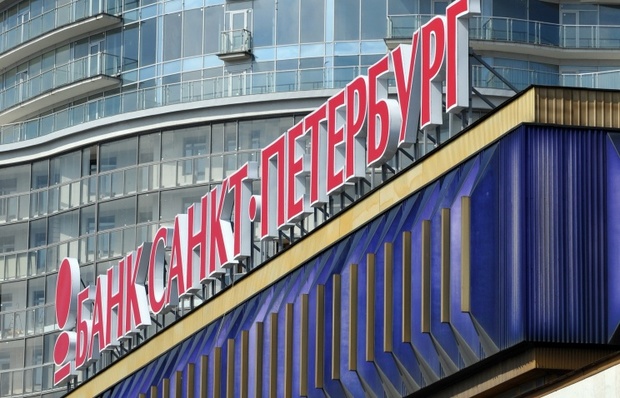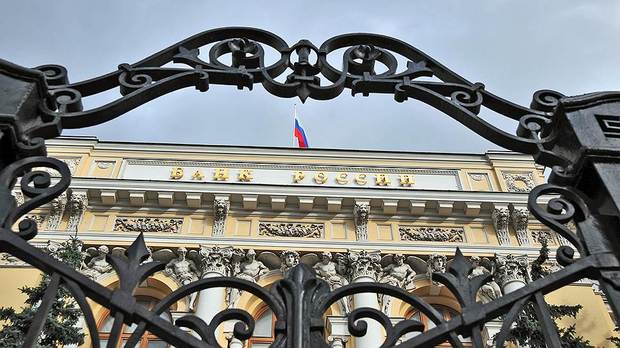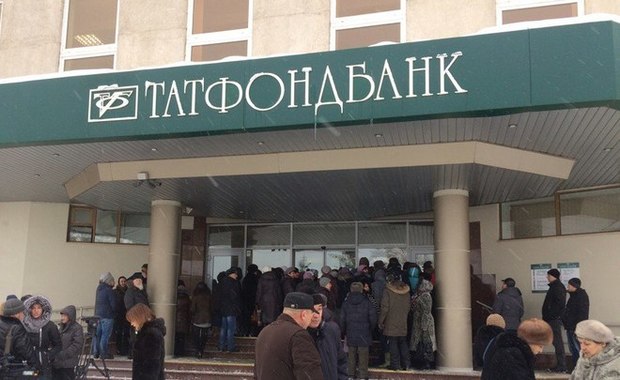Mikhail Gavrilov: ''The majority of startuppers faff about, therefore, they don’t get money''
Director on Development of Saint Petersburg bank about Tatfondbank, cryptocurrency and Elvira Nabiullina’s control
Yesterday, on 7 September, Director on Development of Saint Petersburg bank Mikhail Gavrilov was going to chair the section about development of domestic entrepreneurship in big bureaucratised companies at INNOVATE OR DIE conference in Innopolis. Before the conference the top manager gave Realnoe Vremya an interview and told about the Central Bank's strategy, its attitude to cryptocurrencies and impressions of the banking crisis in Tatarstan.
''The majority of startuppers faff about''
You are an expert in venture financing. It has been known in Russia for many years. But can we say that this mechanism put down roots?
I am an expert in implementing innovations. My goal is to bring new developments and products to the work of a big organisation, join it with already existing classical systems or processes. Russia has many problems in venture financing. But the absence of the market's maturity is the main one. Nobody knows the rules of the game there well, how to structure deals correctly, manage the capital, etc. In addition, the absence of synergy of venture projects with a big business is the main problem. To make it work, so that investors will get the nth time growth, we need to implement innovations in big companies, use technologies a lot.
Is it difficult to prove that your project deserves to be given money? What startups has Saint Petersburg already financed?
We don't finance venture projects. Our fund enters an already working business with a clear business model and in a clear market. It is very easy to prove any investor that your project deserves money – show a positive unit economy on a relevant scale of clients and the potential for growth. The majority of startuppers faff about, not build a business. Therefore, they don't get money.

''We don't finance venture projects. Our fund enters an already working business with a clear business model and in a clear market.'' Photo: crediti-bez-problem.ru
''Cryptocurrencies are a bubble. It will swell and burst''
What do you think about cryptocurrencies? Won't it become a new bubble?
It is a bubble. It will swell up and burst. But those who will survive after that will stay for long. Cryptocurrencies will certainly occupy their place in our everyday life and will be used more and more in different aspects and qualities. At the same time, we should not think that they will substitute the existing monetary system. They will just take their seat in it.
ICO will become a usual tool for attracting the capital. But this market will need to go through a tough and painful formation process.
In August, Saint Petersburg completed SPO and attracted about 3,2 billion rubles. We can presuppose that you liked the demand – the book of requests was full. But was it better or worse than it was?
We strengthened the capital and extended the list of investors. It all provides stability to our business.
''Licence revocation will continue''
Earlier licence revocation was a shock for a bank. Now it seems that nobody is surprised. People call what has happened in the last years in different ways: some people call it is clearance, others call it ''putting in order''. Which definition do you think is closer to the truth?
The banking business in Russia is very young. In addition, we need to understand that it is a very complicated business, and not everyone is able to work in it, especially during a crisis. Ineffective banks leave the market.
Do you think this process is already coming to an end or is there still potential?
I think that licence revocation will continue until only those who know how to run a business remain.

The Central Bank wants stable, effective and reliable banks to remain in the market. It is an absolutely normal desire
Is there any strategy in regulatory measures that the Central Bank has taken in the last years? Where is the Central Bank moving to? What a market does it imagine in the short run?
The Central Bank wants stable, effective and reliable banks to remain in the market. It is an absolutely normal desire.
For instance, your bank is in the top 20. But there are many other banks that are not so big. Does not it seem to you that a separate place is prepared for them like on the sidelines?
We should clearly understand that banks have three major types of business: deposits, loans and transactions. Now every bank needs to decide what it will do and whether it needs to do it. Small banks need to clearly find their specialisation and provide the best service in their niche. Of course, they won't be able to compete with big players in terms of tariffs and rates. This is why they need to win with customer relationship. Clients are ready to pay for a service and unique products. And it must be the business model of small banks.
It is already seen that the banking market is very consolidated. Will it continue? Will the biggest banks take all the seats?
Of course. In addition, there will always be niches for new and small players. The world around us changes so quickly. Clients' behaviour changes with it. Those who will be able to provide the highest value will occupy the market.
''Tatfondbank was very unpleasant and unexpected news''
As far as you are concerned, Tatarstan banks did not become famous in a good way across the country. But it is possible that it looked different from the outside than here. What a reaction did it cause in the market? What was your personal reaction?
For me, it was very unpleasant and unexpected news.
The local banking sector has not recovered from Tatfondbank yet. It is seen just in deposits in Tatarstan banks – there is a crisis of trust. Do you think it will remind about itself for long?
I think everything will stabilise in one or two years. Now news spread quickly, reactions to an event arise quickly. But the effect disappears quickly too.

I think everything will stabilise in one or two years. Now news spread quickly, reactions to an event arise quickly. But the effect disappears quickly too
Some people said that the regulator's tolerance to Tatarstan has been inevitably lost, and now the toughest solutions are expected if something happens. In general, is there any room for such concepts as tolerance, good attitude, bad attitude? Does it play any role?
Numbers and digits play a greater role in the banking business than relations. If the banking sector of Tatarstan shows positive dynamics and stability, the attitude to it doesn't matter. And it refers to not only the banking sector but also any sector.